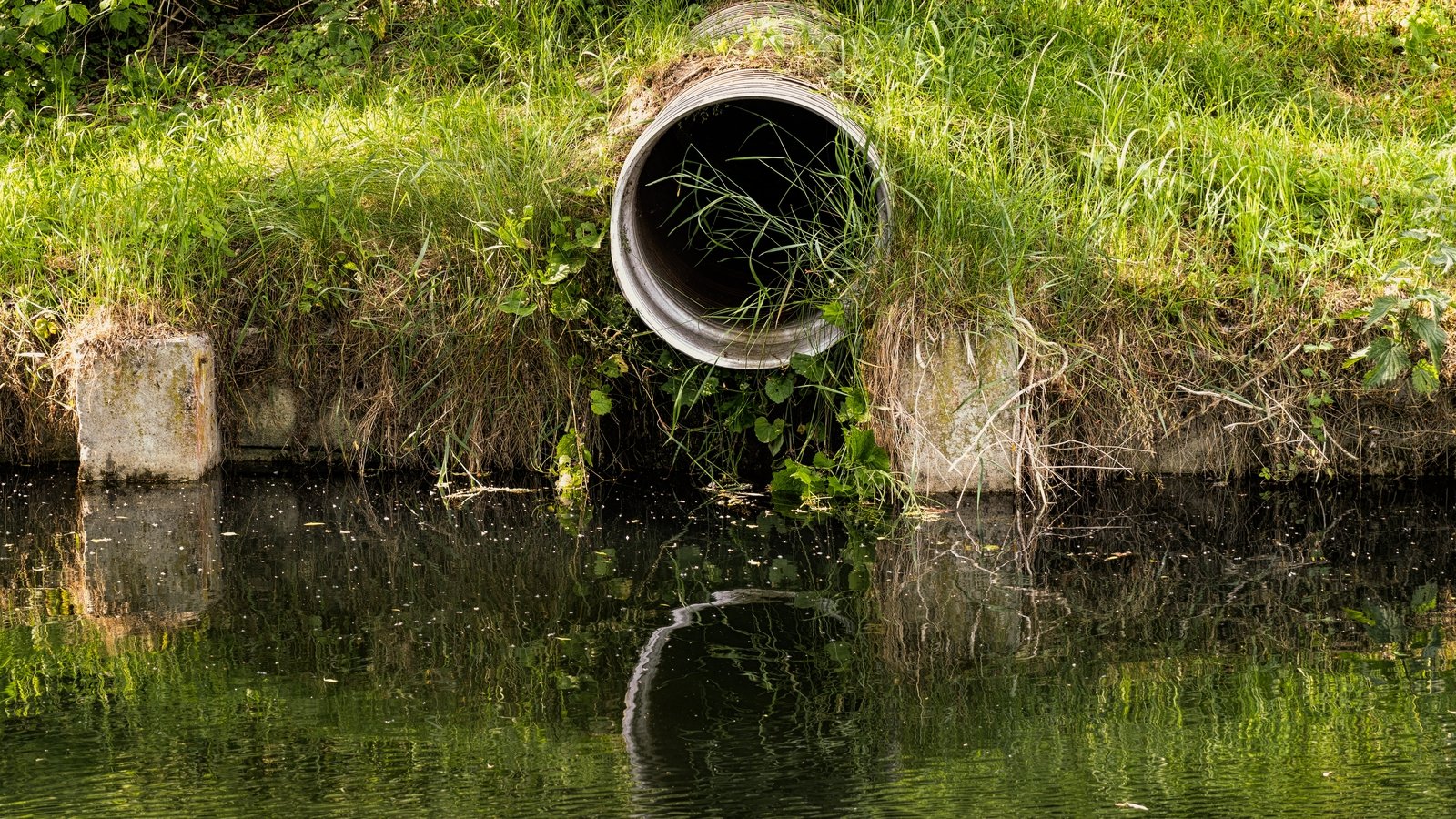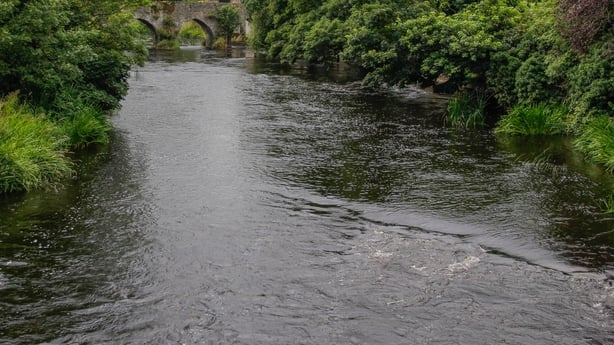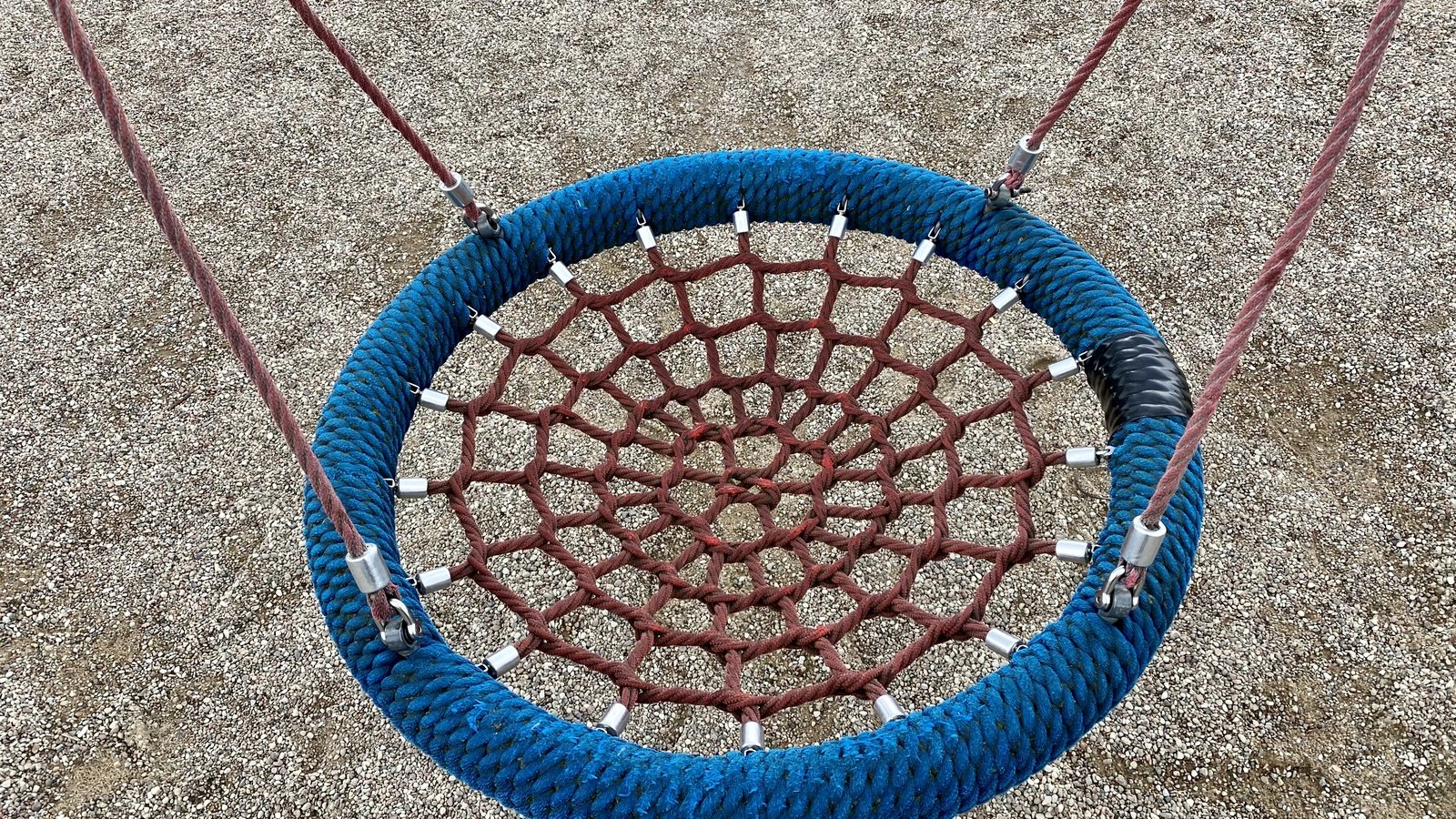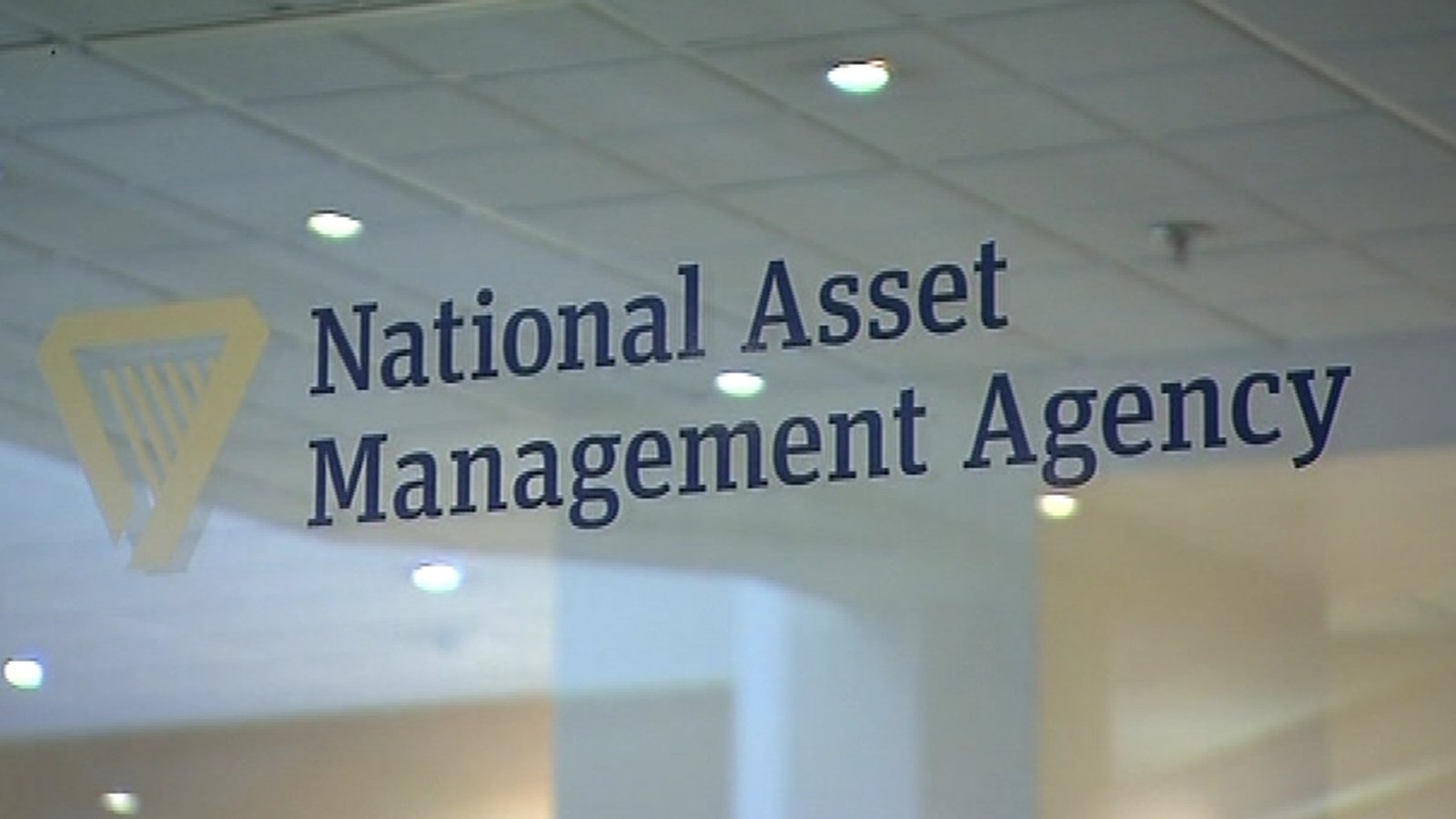EPA report finds no improvement in Irish water quality

A new report on water quality from the Environmental Protection Agency (EPA) finds water quality in Ireland is not improving overall.
The document, entitled Water Quality in 2023: An Indicators Reports, said improvements are being seen in some rivers and lakes but they are being offset by declines elsewhere. The biggest issue affecting quality is nutrient pollution from agriculture and wastewater.
Every year the Environmental Protection Agency reports on water quality in Ireland’s rivers, lakes estuaries and ground water sources. In this latest publication there was no significant change in water quality in 2023.
The reports said nitrogen pollution mainly due to intensive agricultural activities remains a significant issue in the country’s east, southeast and south.
It finds phosphate levels, which are largely associated with poorly treated wastewater from sewage plants and agricultural run-off can fluctuate annually but overall, there has been no significant change over recent years. 27% of river sites and 35% of lakes (particularly in the north and northeast) have elevated phosphorus levels.
Commenting on the report, Dr Eimear Cotter, Director of the EPA’s Office of Evidence and Assessment, said: “It is disappointing to report that our water quality is not improving. While there are initiatives happening nationally, measures to address water quality are not being implemented at the scale or pace required. The quality of our water bodies will not improve until nutrient levels are reduced in areas where they are elevated.
“It is essential that there is full compliance with the Good Agricultural Practice Regulations and that actions to reduce losses of nutrients from agriculture are targeted to where they are needed. We also need to see an acceleration in the pace at which Uisce Éireann is delivering improvements in wastewater infrastructure.”

The report concludes that any improvements in water quality are being offset, and at times exceeded, by declines elsewhere. It said average concentrations of nutrients appear to have stabilised nationally, but levels of nitrogen are still too high in 42% of river sites and 20% of groundwaters and levels of phosphorus are too high in 27% of river sites and 35% of lakes.
It said nutrient loss to water damages rivers lakes and ecosystems and until nutrient levels reduce there will not be an overall improvement in water quality to meet Ireland’s water quality objectives.
The report conclusion reiterates that the main source of nitrogen in waterways is agriculture, and the main source of phosphorus is agriculture and wastewater and these sectors must do more to reduce nutrient losses to water.
Ahead of the reports publication the Irish Co-operative Organisation Society (ICOS ) said farmers are 100% committed to water quality and they are working with co-ops, processors, water quality advisors, experts and scientists to reduce any negative impact of agricultural activity on water quality. Measures they are adopting include careful slurry management and reducing the amount of nitrogen fertiliser that is being spread on pastures.
Edward Carr, president of ICOS said: “It is demonstrably clear to see across the farming and co-operative sector that there is massive investment going on to protect water quality.”
“The facts on this are unquestionable and this commitment will only increase in the years ahead. The ultimate success and reward to improved water can only be achieved if all stakeholders including farmers, local authorities and other industry sectors stay focused and work together.”
Environmental NGO An Taisce said the report’s findings are worrying.
Elaine McGoff, head of Advocacy at An Taisce, said: “The fact that agricultural nitrogen pollution didn’t improve in the south and southeast of the country should come as no surprise to anyone.”
“Despite all the rhetoric about saving our nitrates derogation and turning the tide on water quality in Ireland, there is no evidence of the necessary improvement in our waters.”
She said farmers are jumping through several environmental hoops, but the measures they’re being asked to put in place don’t work for all pollutants and are largely inadequate for targeting nitrogen pollution.
“Until we fix that and put the right measures in the places that we need them then we’re only fooling ourselves if we think the water quality trends are going to dramatically improve. We need to take a science-based catchment approach.”
Ms McGoff added it was “shocking that our wastewater treatment plants are still polluting our waterways in this day and age. It is critical that the Government take the necessary steps, and provide the necessary funding, to halt polluting wastewater discharges into all water bodies”.





